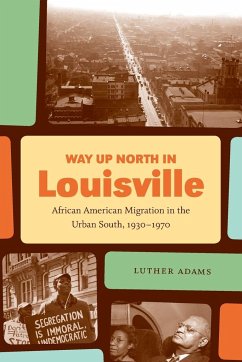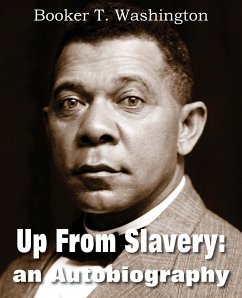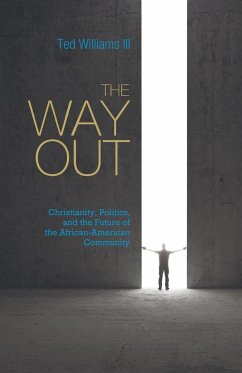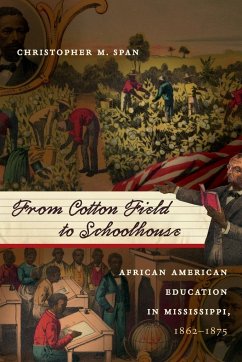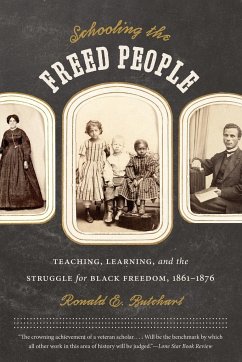Luther Adams demonstrates that in the wake of World War II, when roughly half the black population left the South seeking greater opportunity and freedom in the North and West, the same desire often anchored African Americans to the South. Way Up North in Louisville explores the forces that led blacks to move to urban centers in the South to make their homes. Adams defines "home" as a commitment to life in the South that fueled the emergence of a more cohesive sense of urban community and enabled southern blacks to maintain their ties to the South as a place of personal identity, family, and community. This commitment to the South energized the rise of a more militant movement for full citizenship rights and respect for the humanity of black people. Way Up North in Louisville offers a powerful reinterpretation of the modern civil rights movement and of the transformations in black urban life within the interrelated contexts of migration, work, and urban renewal, which spurred the fight against residential segregation and economic inequality. While acknowledging the destructive downside of emerging postindustrialism for African Americans in the Jim Crow South, Adams concludes that persistent patterns of economic and racial inequality did not rob black people of their capacity to act in their own interests.
Hinweis: Dieser Artikel kann nur an eine deutsche Lieferadresse ausgeliefert werden.
Hinweis: Dieser Artikel kann nur an eine deutsche Lieferadresse ausgeliefert werden.

